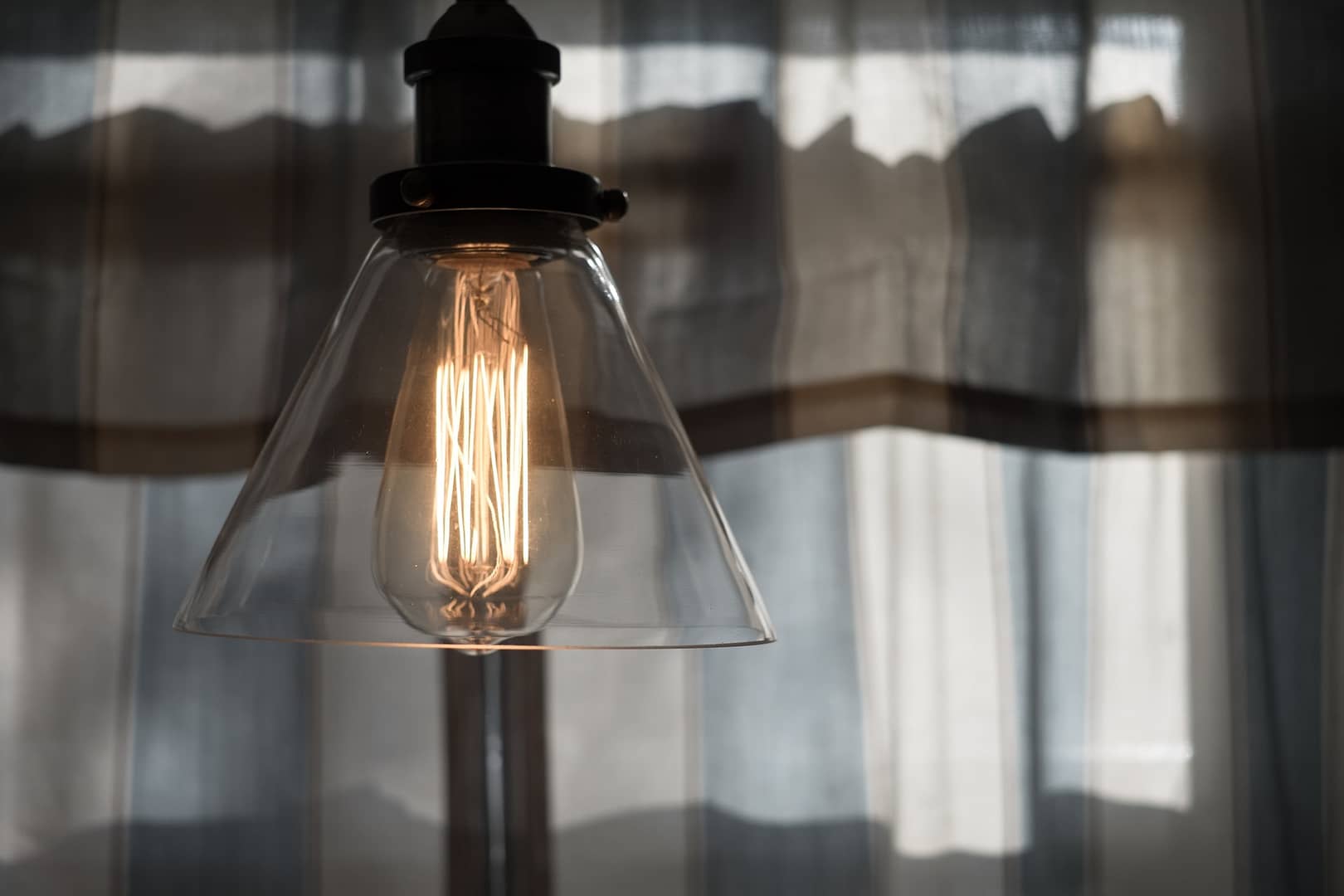Is your home energy efficient? This question holds more significance today than ever before, as we grapple with environmental concerns, rising energy costs, and the need for sustainable living. In this article, we’ll embark on a journey to explore the concept of home energy efficiency, understand why it matters, and discover how you can assess and improve the energy efficiency of your home. Whether you’re a homeowner or a renter, there are steps you can take to make your living space more environmentally friendly and cost-effective. As a social housing renter, find out how you can start a housing disrepair claim.
The Importance of Energy Efficiency
Before we delve into the practical aspects of assessing your home’s energy efficiency, let’s first understand why it’s so crucial. Energy efficiency is all about using less energy to achieve the same results, and this has several benefits:
Lower Utility Bills
One of the most immediate and tangible benefits of an energy-efficient home is reduced utility bills. When your home consumes less energy, you’ll see a noticeable drop in your monthly expenses. Who wouldn’t appreciate a little extra cash in their pocket?
Environmental Impact
Energy efficiency directly contributes to a greener planet. Reducing energy consumption means decreasing the demand for fossil fuels, which in turn lowers carbon emissions and helps combat climate change. It’s a small but significant step towards a more sustainable future.
Enhanced Comfort
An energy-efficient home isn’t just about saving money; it’s also about improving your quality of life. Proper insulation and efficient heating and cooling systems create a more comfortable indoor environment. No more draughty rooms or unbearable summer heat.
Increased Property Value
If you’re a homeowner, investing in energy efficiency can increase the value of your property. Energy-efficient homes are in high demand, and prospective buyers are often willing to pay a premium for a home with lower operating costs.
How Can I Tell If My House Is Energy Efficient?
Now that we understand the importance of energy efficiency, let’s dive into how you can determine if your house is energy efficient. Fortunately, you don’t need to be an energy expert to assess your home’s efficiency. Here are some simple steps you can take:
Energy Bills Analysis
Start by examining your past energy bills. Look for any unusual spikes in consumption. If your energy usage fluctuates significantly, it might indicate that your home lacks proper insulation or has inefficient appliances.
Home Energy Audit
Consider scheduling a professional home energy audit. During this audit, a trained technician will inspect your home, checking for drafts, insulation quality, and the efficiency of your heating and cooling systems. They’ll provide you with a detailed report and recommendations for improvements.
DIY Inspection
You can perform a basic inspection yourself. Check for drafts around windows and doors, and seal any gaps you find. Inspect your insulation in the attic, walls, and basement. Additionally, ensure your appliances are energy-efficient, as older models tend to consume more energy.
Smart Home Technology
Invest in smart home technology that can help you monitor and control your energy usage. Smart thermostats, for example, allow you to adjust your heating and cooling remotely and can learn your preferences to optimise energy use.
How Can My Landlord Improve My Energy Efficiency?
If you’re a renter, you might wonder if there’s anything you can do to improve your home’s energy efficiency, especially when the responsibility for maintenance lies with your landlord. While you may not have full control, there are steps you can take and suggestions you can make to your landlord to enhance energy efficiency:
Request an Energy Audit
Politely request that your landlord arrange for a professional energy audit. Explain the benefits of this service, emphasising that it could lead to long-term cost savings and increased property value. Many landlords are open to such improvements when presented with a strong case.
Suggest Insulation Upgrades
If the energy audit reveals inadequate insulation, suggest that your landlord invest in insulation upgrades. Explain how this will not only reduce energy bills but also make the property more comfortable for current and future tenants.
Propose Appliance Replacement
Old and inefficient appliances can significantly contribute to high energy consumption. Politely suggest that your landlord replace outdated appliances with energy-efficient models. Mention that these upgrades can attract environmentally conscious renters.
Offer to Share Costs
If your landlord is hesitant to make energy-efficient upgrades due to cost concerns, consider proposing a cost-sharing arrangement. Offer to contribute to the cost of certain improvements, especially if you plan to stay in the property for an extended period.
Energy Efficiency in the UK
Now that we’ve explored the importance of energy efficiency and how to assess it, let’s take a closer look at energy efficiency in the United Kingdom, where this concept is of utmost importance.
UK Government Initiatives
The UK government has been actively promoting energy efficiency through various initiatives. One such program is the Green Homes Grant, which provides grants to homeowners and landlords to make energy-efficient improvements to their properties. This includes insulation, double glazing, and heating system upgrades.
Energy Performance Certificates (EPCs)
In the UK, it’s mandatory for landlords and sellers to provide an Energy Performance Certificate (EPC) when renting or selling a property. EPCs provide information about a property’s energy efficiency and suggest improvements that can be made. They help both landlords and tenants make informed decisions about energy consumption.
Sustainable Building Practices
The UK has also seen a surge in sustainable building practices, with many new developments incorporating energy-efficient design elements. These include features like solar panels, high-efficiency heating systems, and advanced insulation materials.
Making a Housing Disrepair Claim with National Claims
If you find that your home is lacking in energy efficiency due to disrepair issues that your landlord refuses to address, you may have legal options. At National Claims, we specialise in assisting tenants who are dealing with housing disrepair problems that affect their energy efficiency and overall quality of life.
Note: You can only make a claim if you are currently living in social housing.
Initial Consultation
Our claims process begins with an initial consultation. You can reach out to us to discuss the issues you’re facing in your rented property. We’ll listen to your concerns and provide guidance on whether you have a valid housing disrepair claim.
Property Assessment
If we determine that your case has merit, we’ll arrange for a professional assessment of the property. This assessment will identify the disrepair issues affecting your energy efficiency, such as faulty heating systems, poor insulation, or window problems.
Legal Action
With the assessment in hand, we will proceed with legal action against your landlord. Our panel of experienced solicitors will represent your interests and work to ensure that your landlord is held accountable for the necessary repairs to improve energy efficiency.
Compensation
If your case is successful, you may be entitled to compensation for the inconvenience and discomfort you’ve experienced due to the disrepair issues. This compensation can help cover the costs of temporary accommodation or any other expenses you’ve incurred.

Conclusion
In conclusion, the question “Is your home energy efficient?” is not just a matter of curiosity but a crucial consideration for homeowners and renters alike. Energy efficiency offers a multitude of benefits, from lower utility bills and environmental impact reduction to increased comfort and property value.
Assessing your home’s energy efficiency doesn’t have to be a daunting task. You can start by analysing your energy bills, scheduling a professional energy audit, or performing a DIY inspection. Renters, too, can play a role in improving energy efficiency by engaging with their landlords and proposing energy-saving measures.
In the UK, energy efficiency is a topic of significant importance, with government initiatives, Energy Performance Certificates, and sustainable building practices all contributing to a more energy-conscious society.
And if you find yourself in a situation where your landlord neglects their responsibilities, National Claims is here to help you make a housing disrepair claim to ensure your home is energy-efficient and safe. So, the next time you flick on a light switch or adjust your thermostat, remember that you have the power to make your home more energy efficient, and in doing so, contribute to a more sustainable and cost-effective future.
Contact us to get started on your claim and speak to one of our helpful claims specialists today.
Click below to see why we are one of the most trusted claims management companies in the UK.

We’re proud of our excellent customer reviews
We thrive on delivering exceptional service and ensuring our clients’ satisfaction. Don’t just take our word for it. Check out some of our independent reviews to see what our clients have to say.
Excellent

This firm is excellent, they sorted out my car pay out and injury claim very fast, they always communicate with you all the time.

My accident case was dealt with confidence and with great result of the outcome, especially James kept me informed all the time.

I was very impressed at the way my inquiry was treated. I was listened to attentively and everything I needed to know was explained to me.






